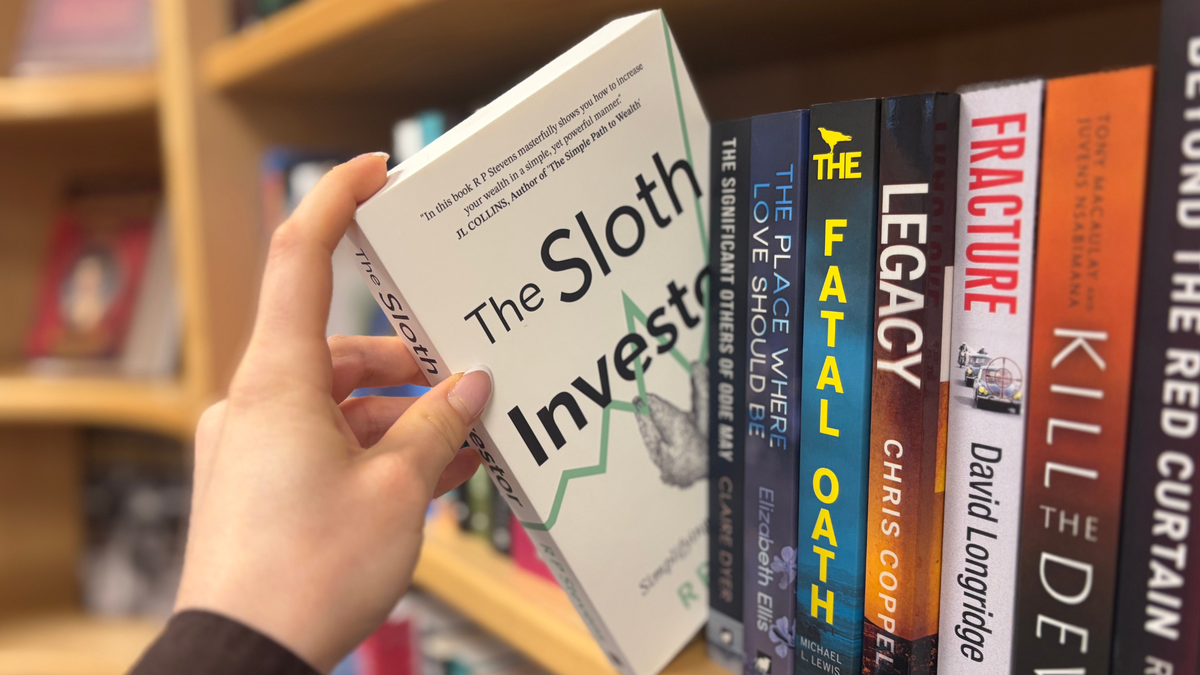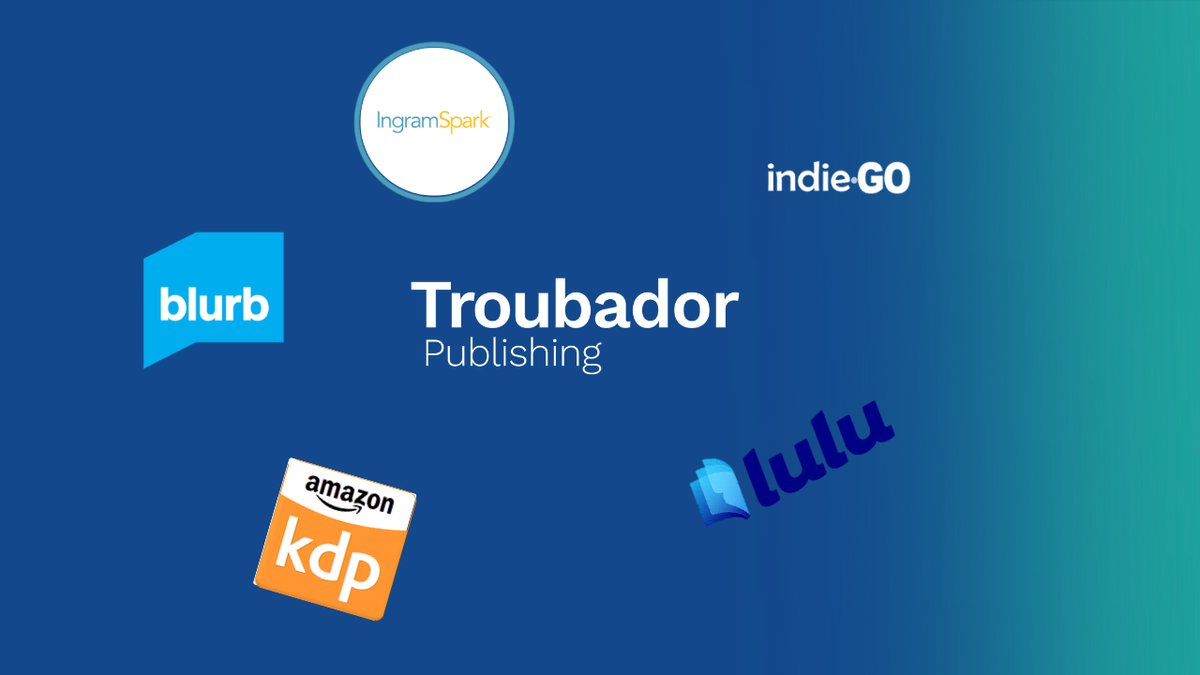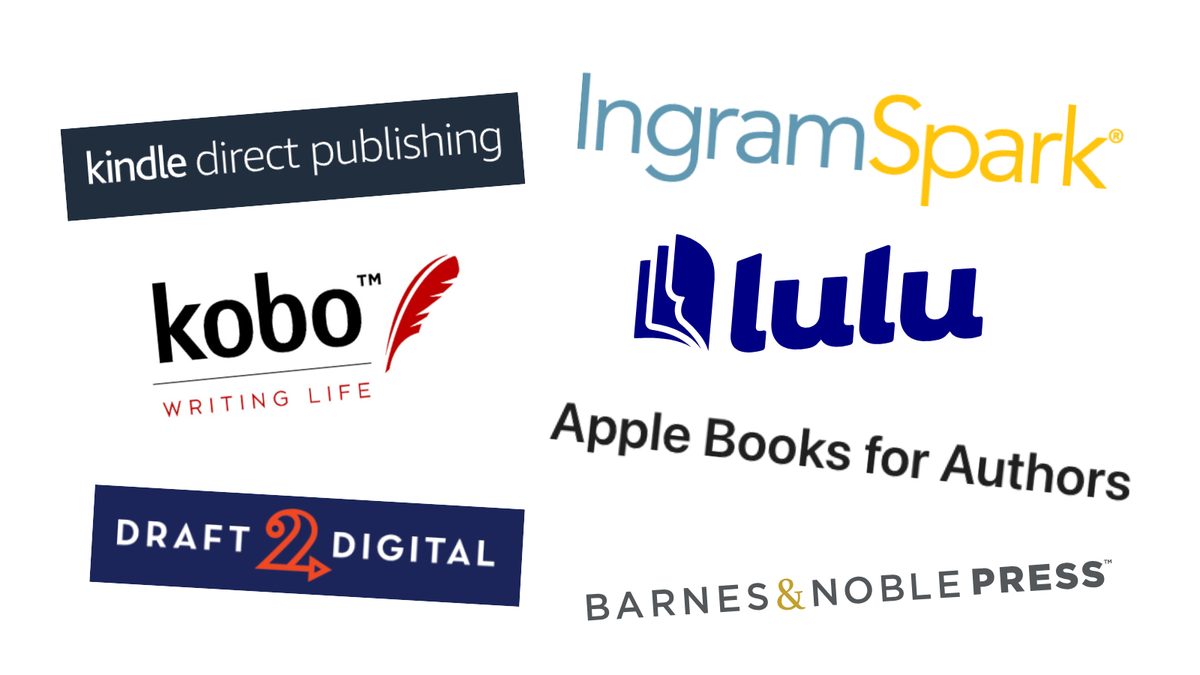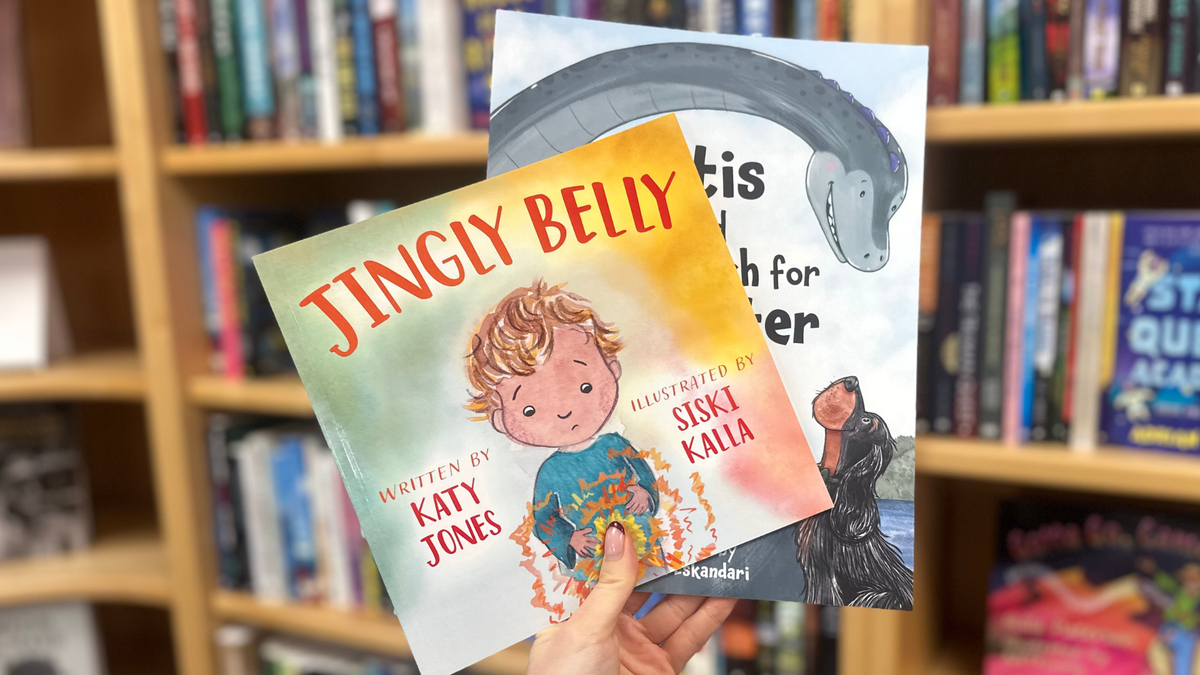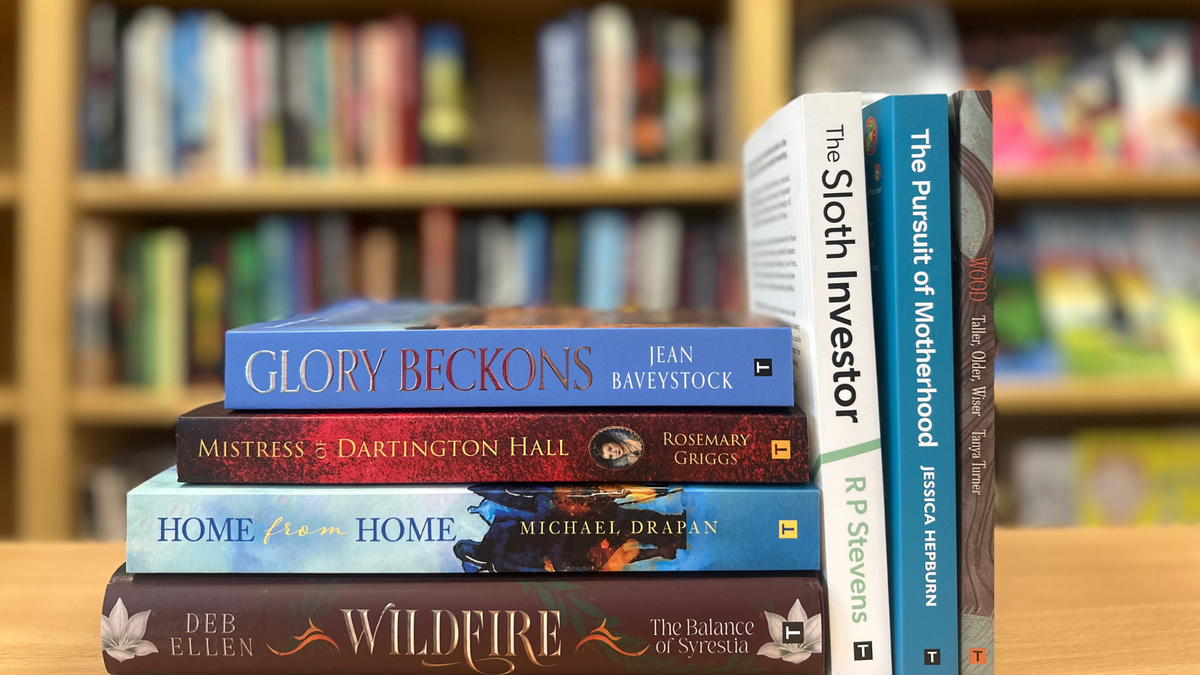
6th March, 2019
5 min read
Marketing Mistakes to Avoid
Written by:
Jonathan White
Marketing isn’t something that always comes naturally to authors who are self-publishing. For many, it’s a whole new world and a daunting one at that. We speak to authors every day about marketing and often the same questions crop up.
Our marketing team summarise some of the most common marketing pitfalls they see with indie authors.
Leaving it too late: One of the biggest mistakes you can make when it comes to marketing your book is leaving it too late. Many authors are so focused on writing, then editing, then producing their book, that they forget one of the most important parts of the self-publishing process – what happens to a book after the creative process is done. One of the most common mistakes self-publishing authors make is leaving the marketing until the last minute because it’s perceived as being less important than the book itself. Not true! You can write the best book worthy of the highest praise, but if you don’t do any marketing no one is going to know it exists and all your creative efforts will go to waste. Ideally, you need to be thinking about the marketing of the book as early as possible – while still writing would be perfect. This will give you direction and focus and will not only help you to create a cohesive marketing plan but also allow you enough time to carry out your plans in full! Waiting will only hinder your efforts and marketing takes time so leave yourself with enough and start pushing early.
Having unrealistic expectations: Think about what you want to achieve with your book – why are you writing it? Have you written a guide for a niche readership? Is it your lifelong dream to write that novel you’ve had in your head for years? Or maybe you have a life story you just wanted to pop down on paper in the hope that someone might be interested. Though it can – and has – happened, most self-publishing authors won’t become bestsellers. Setting out to sell thousands of copies of your book in the first instance and to have a flurry of media coverage at the point of publication simply isn’t realistic. So, you need to think about your expectations for the book and how you can tailor your marketing strategy accordingly. One of the most helpful things in our job is chatting to an author about why they wrote their book and what they expect to happen once it is published. It means we can get an idea of how to make our own campaigns bespoke to match their aims. It also means we can let them know that while they aren’t likely to win all the big literary prizes, there are plenty of other ways that they can find success on a more manageable scale!
Not knowing your audience: It would be great if everyone loved everything – wouldn’t it? Unfortunately, that’s just not how people work. Everyone has one thing that they prefer over another, and it’s just the same for readers. When asking authors to tell us who is going to read their book, one of the most common answers we get is: “It will appeal to everyone.” Afraid not! No one will ever be able to write a book that everyone is going to love, and you shouldn’t try to either. Lee Child will know that while thriller addicts will rush out to buy his latest book, an avid romance reader is pretty unlikely to pick up a copy. Similarly, Sophie Kinsella won’t be expecting sci-fi fans to be clamouring for a signed copy of her latest romance novel. Their publishers will target their marketing strategy to suit the audience, and you should do the same. Don’t try to target everyone. Approach genre-specific publications or bloggers with a view to getting a review. It might not be on the same scale as a feature in a national paper, but you’ll be getting the information about your book in front of the people who are most likely to read it. And people who love a particular genre tend to really love that genre! Word-of-mouth and reading recommendations are a great way to get your book read, so knowing who your readers are is key.
Trying to tell the whole story: Many authors find writing the book easier than writing the marketing copy! Your blurb won’t just appear on the back of your book, it’s likely to be one of the first things readers will base their buying decision on. Your description will form a key sales tool and will appear on retailer websites. As the author, you’ll know the most exciting bits of your book, and the crucial plot elements that set your work apart from everything else, and it can be tempting to try and squash all of these into your blurb. But you shouldn’t. A blurb should leave the reader wanting more – it’s an appetizer before the main event. Try writing down your description. Then cut it down. Then cut it down even further. Then show it to people and ask them for their honest, even brutal, opinion – if they wouldn’t read the book, you know it’s time to go back to the drawing board and try again. There’s a whole host of techniques you can employ to write convincing copy, but they won’t always work for every book. Take the time to go to your local bookshop and browse some blurbs. See what your competitors are doing. If you’re writing for the same reader, what works for them should also work for you!
Not managing your metadata: Metadata is key. For those who don’t know, metadata is the means by which a book gets discovered by the book trade. Precise, timely and accurate metadata is the means by which a book is discoverable to a reader, and if you don’t take the time to manage it properly, you’re likely to lose out on sales as a result. Metadata includes your title, ISBN, description, keywords and book classification – all of which contribute to a book being discovered online by a reader. Make sure yours is right otherwise any marketing that you do will only go to waste. If you are publishing a book with Trouabdi, we take care of this for you, but if you are taking a different route make sure you know how to maximize your metadata.
We have a full-service marketing department that can take on your marketing from trade to PR.



